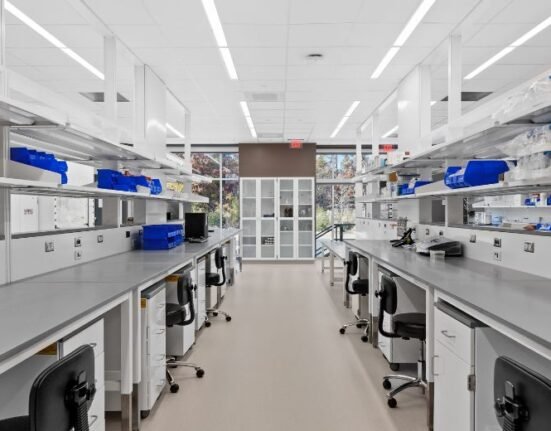HQ Team
October 21, 2024: Gilead Sciences, Inc. has withdrawn its bladder cancer drug from the US market and stopped its confirmatory clinical trial after it failed to extend the lives of patients who had undergone prior treatments.
The decision to pull out the treatment from the US market followed talks with the drug regulator, the Food and Drug Administration, according to an October 18, 2024 statement.
The drug Trodelvy, an antibody-drug conjugate, failed to improve the lives of advanced urothelial cancer patients who had tried chemotherapy and a combination of PD-1/L1 therapy and chemotherapy.
The final trial “did not meet the primary endpoint of overall survival in the intention-to-treat population,” according to the Gilead statement. The drug’s other US indications in breast cancer remain in place.
Accelerated approval
Trodelvy was granted the FDA’s accelerated approval for metastatic urothelial cancer in 2021 based on tumour response rate and duration of response data from a mid-stage study.
Continued approval for this indication was contingent on verification and description of clinical benefit in the confirmatory end-stage study.
The decision to end Trodelvy trials “does not affect the other approved Trodelvy indications within or outside the US,” according to the company statement.
More than 20 ongoing clinical trials, evaluating Trodelvy as a monotherapy and in combination with other agents across a range of solid tumours, including in lung and gynaecological cancers, are currently on.
“The healthcare providers will be notified of this update. People receiving Trodelvy for metastatic urothelial cancer in the US should discuss their care with their healthcare provider.”
‘Off-switch’
Programmed death ligand-1 (PD-1) acts as an “off switch” that helps keep a protein on immune cells, or T cells, from attacking other cells in the body. It does this when it attaches to PD-L1, a protein in some normal or cancer cells.
When PD-1 binds to PD-L1, it tells the T cell to leave the other cell alone. Some cancer cells have large amounts of PD-L1, which helps them hide from an immune attack.
In January Gilead announced that Trodelvy had failed in trials of patients with non-small cell lung cancer when compared to chemotherapy. In April the company stated that it took a $2.4 billion impairment charge on the drug following its setback.
‘Biological missiles’
The antibody-drug conjugate was part of Gilead’s 2020, $21 billion acquisition of Immunomedics. AstraZeneca and Daiichi Sankyo, Merck & Co. and Kelun Biotech, are conducting end-stage trials on their antibody-drug conjugates.
Antibody-drug conjugates, combine the advantages of highly specific targeting ability and highly potent killing effect to achieve accurate and efficient elimination of cancer cells, which has become one of the hotspots for the research and development of anticancer drugs.
This kind of new anti-cancer drugs, known as “biological missiles”, is leading a new era of targeted cancer therapy.








